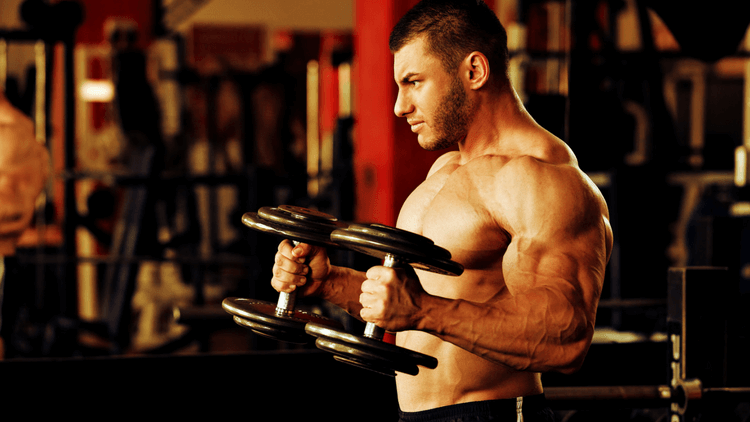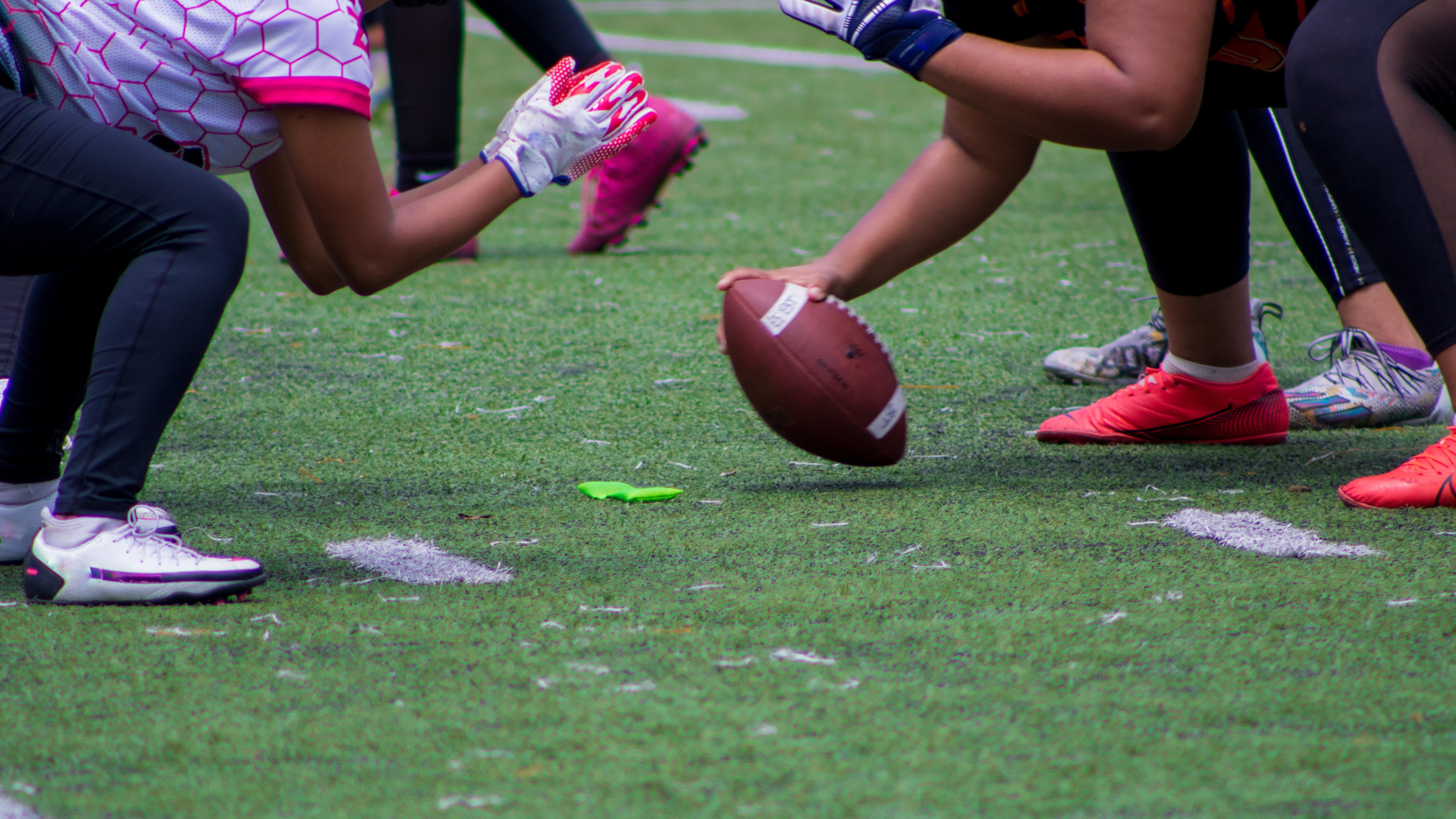What are rhomboids, and should athletes even bother with doing rhomboid exercises?
See how strong, thick rhomboids contribute to good posture, muscle density, and overall upper body power!
4 Rhomboid Exercises for a Thicker, Stronger Back
What Are Rhomboids?
As the name suggests, rhomboids are the rhomboid-shaped muscles in the middle of the back, between the shoulder blades.
The rhomboids support the thoracic spine for overall stability and balance. Weak, flimsy rhomboid muscles often lead to poor posture.
They also work with the trapezius muscles to ensure proper shoulder movement.
Keep in mind that the lats and rear delts aren’t the only important back muscles. The back is made up of multiple muscle groups, so don’t make the mistake of forgetting less prominent ones like the rhomboids.
For best results, combine these rhomboid exercises with other back-strengthening moves for the most muscle gain and aesthetic appearance.
Best Rhomboid Exercises
1. Incline Pull-Ups

The incline pull-up is one of the most effective rhomboid muscle exercises beginners can learn.
It’s pretty simple to execute, and you can even use it as a stepping stone towards standard pull-ups.
All you need is a low horizontal pull-up bar about two to three feet off the ground, and you’re good to go!
How to:
- Sit or lie underneath a low horizontal pull-up bar.
- Grab the bar with an overhand grip, slide the legs forward and then position the chest underneath the bar.
- Hang from the bar and prop your feet up on your heels
- Slowly pull the body up toward the bar.
- Once the chest touches the bar, contract the rhomboid muscles and then slowly return to the starting position.
Tip: If your gym doesn’t have a low horizontal bar, try checking out the parks and tracks nearby.
2. Standing Back Flyes
Standing back flyes isolate the rhomboids while also engaging the forearms and rear delts.
Do not swing your arms up and down carelessly. Instead, create a slow, controlled movement where the shoulder blades contract and retract alternately.
You can perform this exercise with dumbbells, or a resistance band.
How to:
- Grab 2 dumbbells
- Bend forwards with your feet shoulder-width apart.
- Keep the back straight, and let the arms hang straight in front of the body.
- Raise your arms out to the sides as high as you can go, making sure to contract the shoulder blades backward.
- At the top, pause for one count before slowly returning to the starting position.
Tip: If you’re just starting out, you might prefer to use a resistance band instead of dumbbells until you get your form on point.
Variation: Try twisting your wrists as you move your arms upwards. The tension at the top will shift from the delts to the rhomboids.
3. Scapular Wall Slides
Scapular wall slides are great, simple rhomboid exercises that help improve back alignment. It strengthens the rhomboids and trains the spine to maintain a straight upright position.
How to:
- Lean against the wall, raise the arms straight upward, pump the chest out, and maintain a slight arch in the lower back.
- Then, slowly lower the arms down by bending the elbows. Continue until the arms form a V shape and the wrists are just above the shoulders.
- Contract the shoulder blades and then push the arms back up to the starting position.
4. Front Raise Thumbs Up
The front raise thumbs up stretches the rhomboids without placing too much stress on the hips or lower back. This makes it ideal for lifters who deal with lower back pain.
How to:
- Lie flat on the floor with the legs straight together, and the arms extended overhead, thumbs pointing to the cieling.
- Lift the arms off the ground without lifting anything else.
- Contract the back muscles for one count and then slowly lower the hands down to the starting position.
Over 299,434 purchases
Over 509,389 bottles sold
Over 30,563,340 pills taken








